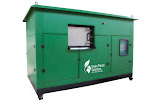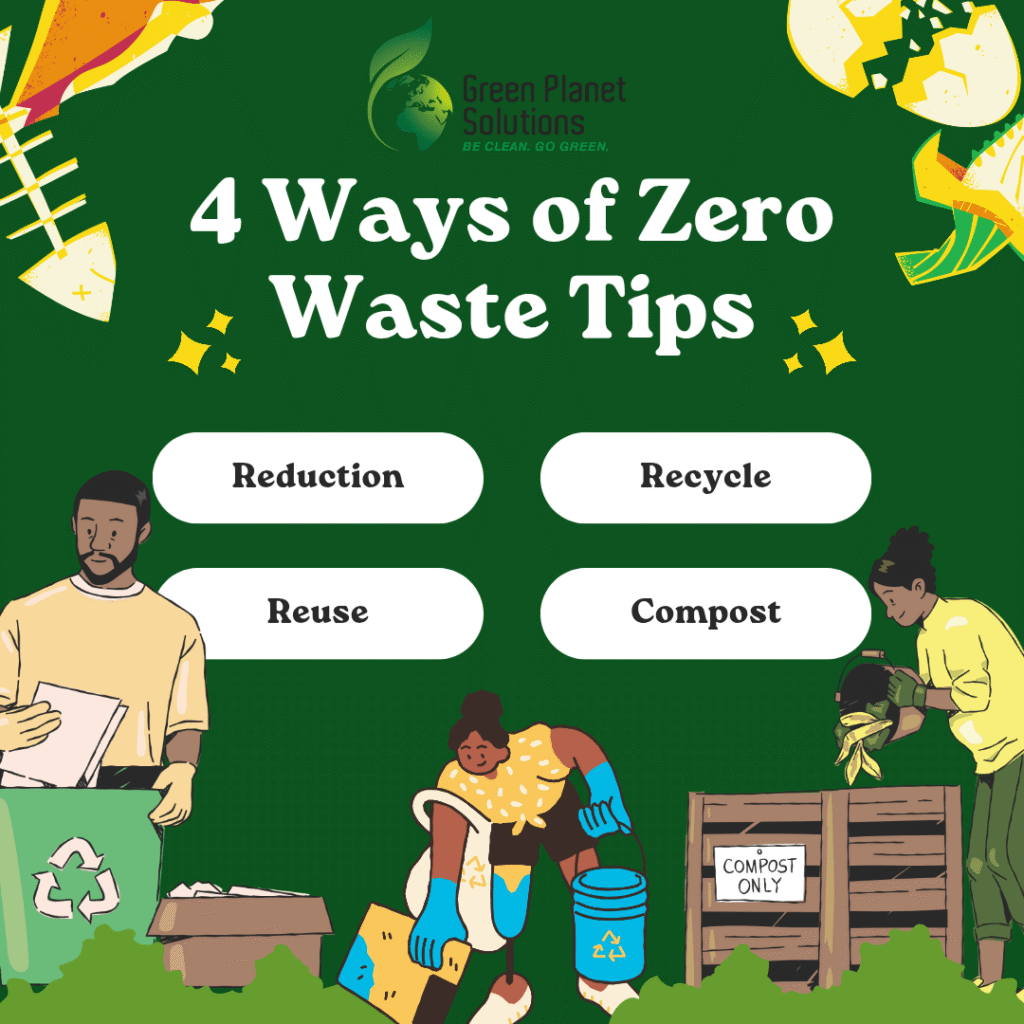ENQUIRE NOW FOR BEST COMPOSTING MACHINES IN INDIA – https://share.hsforms.com/1d12AT_oJScm8iiXbjSrEIwrh2r7
Every kilogram of kitchen peelings, temple flowers or market waste is a missed opportunity — or, when handled right, a tiny deposit in a city’s soil bank. Across India, neighbourhoods, temples, housing societies and civic bodies are proving that community composting isn’t an idealistic experiment but a practical, scalable route to cleaner streets, lower waste bills and richer soil. Below are detailed, local success stories and the lessons Green Planet Solutions Pune draws from them — written to convert municipal officers, RWAs and CSR teams into action takers.

1) Mumbai — neighbourhoods & NGOs turning organic waste into community compost
In Mumbai, NGOs and local housing societies have piloted community composting with striking results. Organisations like Earth5R have engaged thousands of families to segregate wet waste and set up neighbourhood composting hubs, showing how localized systems cut haulage and create compost used by urban gardens. Several Thane/Mumbai societies report that resident-led compost units not only reduced landfill-bound wet waste but also became community-building activities. Earth5R+1
Key takeaway: NGO–RWA partnerships + resident ownership = high participation and sustained segregation.
ENQUIRE NOW FOR BEST COMPOSTING MACHINES IN INDIA – https://share.hsforms.com/1d12AT_oJScm8iiXbjSrEIwrh2r7
2) Bengaluru — housing societies converting wet waste into usable manure
Bengaluru’s story is one of scale inside gated communities. Multiple societies have implemented vermicomposting and aerobic systems that process tens to hundreds of kilograms a day; some have even monetized excess compost or used it to run society kitchen gardens. Campaigns such as SwachaGraha Compost Connect show how bulk-pickup and compost-sellers can connect surplus to demand. A recent society example reported composting up to 70% of its green waste, cutting disposal costs and producing nutrient-rich soil amendments. Mygate+1
Key takeaway: High-rise friendly solutions + simple collection protocols = big landfill diversion.

3) Delhi — temples, markets and faith-based composting initiatives
Delhi illustrates a niche but powerful stream: flower and temple waste. Several religious sites and NGO-led projects installed composting machines or community pits to convert nirmalya and market floral waste into compost, turning a culturally generated waste stream into a resource and engaging volunteers and local groups in the process. Municipal recognition and CSR funding have helped scale such pilots. The Times of India+1
Key takeaway: Targeting high-volume, predictable wet streams (markets, temples) accelerates impact.
ENQUIRE NOW FOR BEST COMPOSTING MACHINES IN INDIA – https://share.hsforms.com/1d12AT_oJScm8iiXbjSrEIwrh2r7
4) Pune — citizen groups, RWAs and local vendors proving rapid uptake
Pune has become a hotspot for community composting pilots. Resident groups, corporates and markets have adopted in-house and community composting machines; case reports show some societies reducing wet waste by up to 80% within months and businesses cutting waste handling costs while improving ESG ratings. Green Planet Solutions Pune has supported RWAs and small businesses with turnkey composters, training and IoT monitoring to ensure quality and scale. Green Planet Solutions+1
Key takeaway: Combining technology (compact units) + hands-on training yields fast behavior change and visible benefits.
ENQUIRE NOW FOR BEST COMPOSTING MACHINES IN INDIA – https://share.hsforms.com/1d12AT_oJScm8iiXbjSrEIwrh2r7
5) Chennai & Surat — floral waste & social enterprise models
Temple clusters and flower markets in Chennai and Surat generate large volumes of floral waste daily. Several temple trusts and startups have turned this into compost and value-added products (incense, soaps), creating livelihoods for SHGs and reducing municipal burdens. These models show that composting + product diversification can create circular revenue streams. Citizen Matters+1
Key takeaway: Circular value chains (compost + products) are attractive to CSR and SHG schemes.
Common success factors (what every city program shared)
- Source segregation enforced and encouraged at household level.
- Local ownership (resident champions, temple committees, market associations).
- Simple tech matched to scale (vermi for societies, windrows/in-vessel for markets).
- Revenue or savings — compost for gardens, sale to nurseries, or reduced haulage costs.
- Capacity building & handholding — training waste handlers & residents.
(These are distilled from the case studies above.) Earth5R+1
Step-by-step checklist for an RWA / Market to replicate success
- Map generation points & daily wet-waste tonnage.
- Start a pilot (1 composter for 50–200 households or 100–500 kg/day market segment).
- Train a caretaker & set segregation rules.
- Monitor compost maturity (simple temperature & smell checks).
- Use/sell compost locally; publicize wins to encourage wider adoption.
Primary intent / keyword: community composting India (informational → municipal/RWA decision makers)
Primary keyword phrase (target): community composting success stories India
Supporting keywords: neighbourhood composting Mumbai, housing society composting Bengaluru, temple flower composting Delhi, community composting Pune, composting for RWAs India
Meta title (recommended): Community Composting Success Stories in India — Mumbai, Bengaluru, Delhi & Pune | Green Planet Solutions Pune
Meta description (140–155 chars): Read proven city-level composting success stories from Mumbai, Bengaluru, Delhi & Pune — practical lessons, implementation checklist & solutions.
URL slug: /community-composting-success-stories-india-mumbai-bengaluru-delhi-pune
Content structure (recommended): 1,100–1,500 words; H1 + 5 city case H2s + checklist H2 + CTA box + downloadable checklist (lead magnet).
Schema: Article → include mainEntityOfPage, author: Green Planet Solutions Pune, publisher.
Top 5 load-bearing claims to cite: city program stats, society compost reduction %, partnership examples & NGO program scale. (Citations used above.) Green Planet Solutions+3Earth5R+3Mygate+3
Common (clear) words: compost, waste, city, RWA, community, train, implement, save, soil, garden.
Uncommon (authority): in-vessel, windrow, bulking agent, nirmalya, vermicompost, co-composting.
Power words (use in CTAs/titles): proven, guaranteed, turnkey, scalable, rapid, certified, cost-saving.
Emotional words (sparingly to motivate action): reclaim, protect, pride, legacy, empower, rescue.
Short hashtags: #CommunityCompost #UrbanComposting #WasteToWealth #GreenPune #SWMIndia
Longer campaign tags: #RWACompostDrive #TempleToSoil #MarketCompostModel #CompostForCities
Primary CTAs (A/B test these):
- “Book a FREE 30-minute RWA Compost Audit”
- “Download: 1-Page Community Composting Checklist”
- “Schedule a demo of our 100 kg/day in-vessel composter”
“From temple flowers to apartment peels — Mumbai to Pune show that community composting is practical, payback-friendly and community-building. Start small. Scale fast.”
- “Community Composting Implementation Checklist” — 1-page PDF (maps, starter kit, training checklist).
- “RWA Compost ROI Calculator” — simple spreadsheet to estimate savings vs. cost.

– https://www.thegreenplanetsolutions.com/
 – +917722073961
– +917722073961
Instagram – https://www.instagram.com/greenplanetolutions2013?igsh=MTQ5MWxpeng5dmtvaA==
Facebook – https://www.facebook.com/share/19Eim5u2Ep/
Linkdein – https://www.linkedin.com/company/green-planet-solutions/
Threads – https://www.threads.net/@greenplanetolutions2013
YouTube – https://youtube.com/@greenplanetsolutions2013?si=0gkKEahaaB5z6csm
Leave a Reply